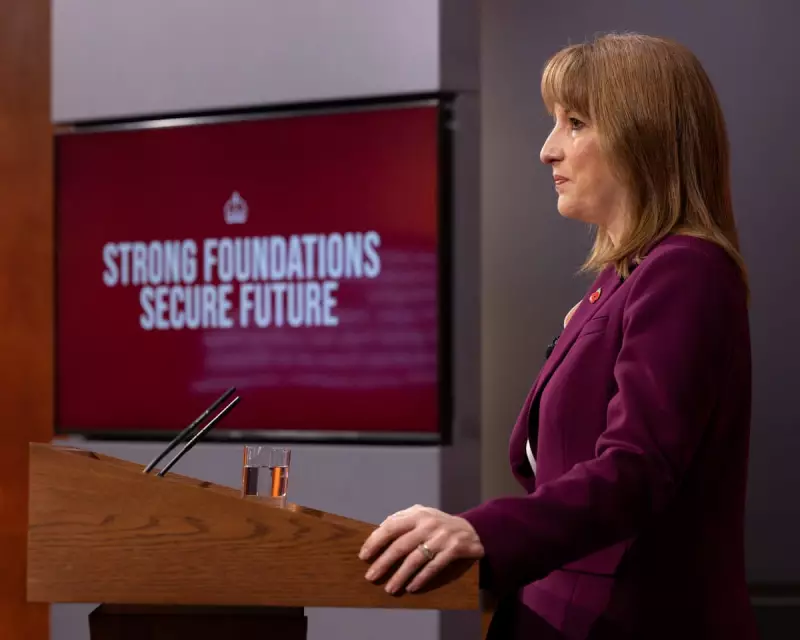
Chancellor's Tax Conundrum Takes Centre Stage
Chancellor Rachel Reeves finds herself in a challenging political position as the Labour government prepares for its upcoming budget announcement. The central dilemma revolves around whether to break manifesto promises by increasing income tax, a move that could have significant electoral consequences.
According to political commentator Martin Kettle, Rachel Reeves is 'damned if she raises income tax in the budget – and damned if she doesn't'. This assessment highlights the precarious balancing act facing the Chancellor as she navigates economic realities against campaign commitments made before taking office.
Public Trust Hinges on Clear Economic Vision
Professor Stephen Caddick from Worthing, West Sussex argues that electoral punishment might not stem from a single broken promise, but rather from a perceived lack of coherent governance strategy. He suggests that voters would be more accepting of tax increases if the government demonstrated clarity of purpose and a considered approach to public spending.
'I'm sure many would accept the need to contribute more to the collective good if the government was clearer about its plans,' Professor Caddick stated. He also questioned the effectiveness of divisive political rhetoric, suggesting that focusing on the collective benefits of well-funded public services might prove more productive than emphasising that 'those with the broadest shoulders should pay their fair share'.
Thatcher's Legacy Continues to Shape Tax Debate
The discussion has inevitably turned to historical context, with Brian Keegan of Peterborough highlighting two enduring impacts of Thatcherism on current fiscal policy. During his time as deputy leader of the Labour group at Cambridgeshire County Council from 1985 to 1989, he witnessed what he describes as 'an attack on local government' and a punitive approach to local decision-making.
Keegan also pointed to the privatisation of public services, which he believes moved a generation of public servants committed to the common good into the private sector. He contrasted this with development corporations that between 1970 and 1988 built 26,306 houses, with 15,312 (58%) being social housing.
Calls for Pragmatism Over Dogma
Fawzi Ibrahim from London criticised what he termed the 'media obsession with Labour preparing to break manifesto promises', describing it as infantile. He argued that the government should be commended for being flexible enough to change course when circumstances demand it, particularly given economic upheavals influenced by the current US administration.
Meanwhile, practical solutions are emerging for specific policy challenges. Nick Floyer from Chiswick proposed that if the chancellor wants to reduce household energy bills for less well-off families, she could abolish daily standing charges and bundle infrastructure costs into usage charges. This approach would reward energy conservation while ensuring lavish users pay proportionally more.
The budget, expected to address these complex issues, comes at a critical juncture for the Labour government as it seeks to establish its economic credibility while managing public expectations and political realities.






